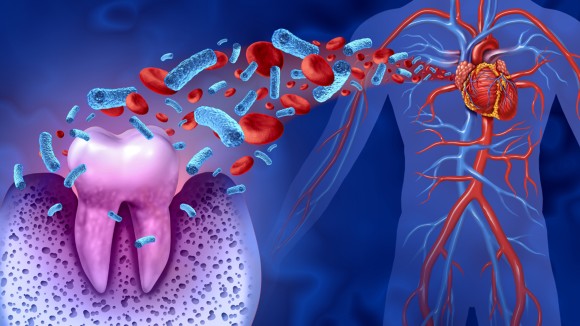Periodontal disease, also known as gum disease, is a condition that affects the tissues supporting your teeth. It begins with gingivitis, the earliest stage, where gums become red and swollen and may bleed during brushing or flossing. If left untreated, it can progress to periodontitis, causing gum recession, bone loss, and even tooth loss.
Common symptoms include persistent bad breath, tender or bleeding gums, and loose teeth. Risk factors for developing this disease include poor oral hygiene, smoking, genetics, certain medications, and underlying health conditions. Gum disease often progresses silently, making routine dental check-ups necessary for early detection.
Contents
The Link Between Oral Health and Overall Health
The mouth serves as a gateway to the body, and issues in oral health, particularly periodontal disease, can influence overall health. Studies suggest gum disease can allow harmful bacteria to enter the bloodstream, triggering an inflammatory response. Chronic inflammation may play a role in developing or exacerbating several systemic health conditions. While more research is needed, these findings show how maintaining oral health can support overall well being.
Impact on Cardiovascular Health
Emerging research suggests a possible association between periodontal disease and cardiovascular health. Some studies indicate that bacteria from gum disease may contribute to arterial inflammation, potentially increasing the risk of heart conditions. While there is no definitive proof of causation, untreated gum disease could present additional challenges for heart health. Focusing on oral hygiene and regular dental care may be preventative measures for cardiovascular wellness.
Relationship with Diabetes
There exists a bidirectional relationship between periodontal disease and diabetes. Gum disease may make it more difficult for people with diabetes to control their blood sugar levels. Conversely, high blood sugar levels can create an environment conducive to bacterial growth, increasing the likelihood of gum disease. Proper management of both conditions can have a positive impact on overall health. Individuals can mitigate the interconnected risks associated with these conditions by controlling blood sugar levels and addressing gum health through professional care and at-home maintenance.
Effects on Respiratory Health
Bacteria from gum disease can travel from the mouth to the respiratory tract, potentially affecting respiratory health. Some studies suggest a link between this condition and respiratory issues like pneumonia or chronic obstructive pulmonary disease (COPD). Bacteria introduced through poor oral hygiene may contribute to lung infections, especially in vulnerable individuals. Proper oral care can help reduce bacterial migration and support better respiratory health.
Influence on Pregnancy
Oral health is matters during pregnancy, with some studies exploring potential links between periodontal disease and pregnancy complications, such as low birth weight or preterm birth. Pregnancy hormones may also heighten gum sensitivity, making oral care imperative. Regular dental appointments, combined with diligent oral hygiene practices, can support both maternal and fetal health. This highlights the need to maintain oral health during pregnancy for better outcomes for both mother and baby.
Prevention and Oral Health Maintenance
Prevention remains the most effective strategy against periodontal disease and its potential systemic effects. Simple steps include brushing twice daily with fluoride toothpaste, flossing regularly, and using mouthwash to reduce plaque build-up. Professional dental cleanings and check-ups are integral to early detection and management. Proactive oral health management improves gum health and may support overall wellness, reducing the risk of associated health complications.
Take Action Against Periodontal Disease
The link between periodontal disease and systemic health issues highlights the need for good oral hygiene. Regular dental care, combined with effective at-home practices, serves as a foundation for protecting both oral and general health. For comprehensive oral health guidance, consult with a dental professional who can provide tailored advice and care recommendations.

Sarah Wilson, an accomplished writer and seasoned blogger, weaves compelling narratives that transport readers to new and uncharted worlds. With a talent for vivid storytelling and thoughtful insight, her work leaves a lasting mark, enchanting both the imagination and intellect.
